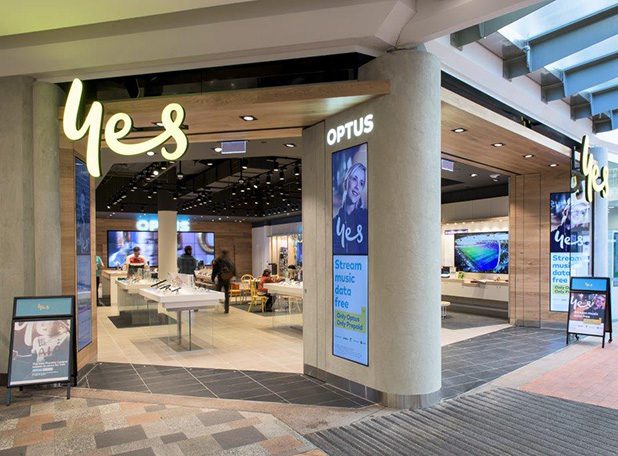If you’re one of the millions of Australians affected by the recent Optus data breach, you may be wondering what to do next.
Fortunately, the government has announced that Optus will be footing the bill for anyone who needs to change their driver’s licence number and get a new card.
This process is expected to cost the telco millions of dollars.
In the meantime, if you are concerned about your identity being compromised, experts recommend taking steps to protect yourself such as monitoring your credit report and changing your passwords and identity documents.
Optus has also set up a dedicated hotline for customers who want to know more about the data breach and what it means for them.
The hacker claimed to have accessed Optus customer names, addresses, dates of birth, driver’s licence numbers and credit.
They demanded a $1m ransom in cryptocurrency and threatened to release the data otherwise.
Now, they claim the data has been deleted, but there is no proof of this.
Can the hacker be found?
Susie Jones, Chief Executive at Cynch Security says it can be incredibly difficult to find cybercriminals “which is why it’s such a large market these days unfortunately.”
However, the the actions that they’re taking “certainly does indicate that they’re getting cold feet and certainly becoming a lot more nervous about the attention”.
“So whilst the pessimist cyber CEO hitting me says that they won’t be found. The optimistic Australian certainly hope they will be,” Susie says.
How long do people have to worry about hackers using their stolen ID information?
Good news – It’s not too late.
“The first step that they should be doing is really remaining vigilant and making sure that they’re scrutinising all of their bank accounts, all of their phone records, making sure that they’re really staying on top of what it is that is going on in their accounts and their personal data and personal lives,” Susie says.
“Being very, very careful around scam phone calls and emails. cyber attackers are very good at that now and they will be actively exploiting this opportunity.”
Susie says to make sure that you’re remaining vigilant and stay on top of what the latest scams are, so that you can spot them and delete them straight away.
Optus is in the business of dealing with people’s data and tech as one of Australia’s largest telco’s – what businesses are at the highest risk of ransomeware attacks?
“Businesses of every size, doesn’t matter if you’re a sole trader right up to the likes of Optus, are actively being attacked by cyber criminals every minute of every day.”
“But that’s just a reality. What this does do is raise awareness that personal data that is this is collect, even if it might seem small to yourself, and to the likes of hope this can be incredibly valuable and also from hands can be very, very damaging,” Susie says.
“So for those businesses that are not having to respond directly to this attack, they should be actively reviewing their own processes reviewing what personal information do they collect and store and making sure that they’re keeping it safe.



 News3 days ago
News3 days ago


 News5 days ago
News5 days ago


 Leaders3 days ago
Leaders3 days ago


 Shows3 days ago
Shows3 days ago


 News3 days ago
News3 days ago


 Docos5 days ago
Docos5 days ago


 Leaders4 days ago
Leaders4 days ago


 Leaders4 days ago
Leaders4 days ago





